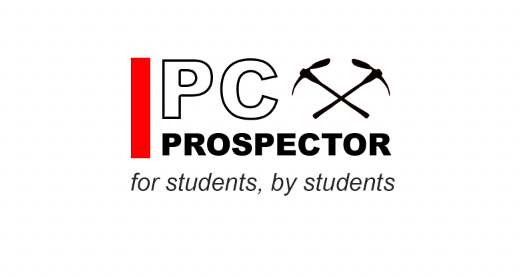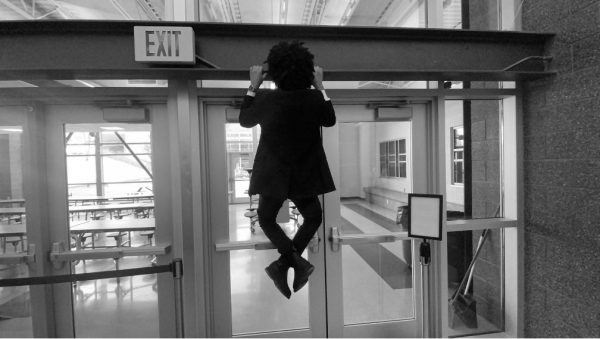why test corrections rock
As a junior enrolled in multiple AP classes, I’ve developed a deep appreciation for test corrections. While it may be easy to disregard test corrections as a way for lazy students to get an easy grade boost, I’ve done some analysis and have come to realize that they are actually quite vital to the learning experience.
If you’re unfamiliar with test corrections, they’re pretty much exactly what they sound like. Teachers, most frequently in advanced-level classes, offer points back on a test if you can identify why your answer was wrong, what the right answer is, and why.
In classes where I haven’t had the opportunity for either test corrections or retakes, I’ve found myself giving up on learning certain units because I did poorly on a test. If I get a bad grade and know there’s nothing I can do about it, because neither test corrections nor test retakes are available, then I certainly won’t want anything to do with that unit. I studied to the best of my ability and didn’t perform well on the test, so why would I spend any more time worrying about it? This creates a culture that discourages learning — students will finish courses and only know about half of the material.
Test corrections and retakes are awesome because they incentivize students to actually relearn and study the material that they couldn’t implement during tests. For test corrections, teachers require thorough warranting to distinguish the right answer from your original choice. This requires students to take time and make an effort to understand the content, and they’re happy to do so because they know it’ll help their grades. The same logic applies to retakes. When taking advanced classes, it’s easy to become discouraged by test scores on difficult material and be tempted to give up. Fortunately, test corrections and retakes combat this issue and promote a culture of enthusiasm for learning. What’s more, it creates a more equitable opportunity for students who are generally poor test takers to earn the grades they deserve.
Most teachers who oppose test corrections and retakes often make the argument that these opportunities are free grade boosts that lead to inflated grades, but I would argue that if that’s the case, then teachers are implementing them wrong. If teachers feel that students are receiving higher, undeserved grades, then the burden falls upon the teacher to make the standards higher and make students work harder to earn that grade. I would also argue that not all students even make the effort to do test corrections or retakes, it’s the students who actually care about the class. Thus, free grades are not just being “handed out,” it’s hardworking students being rewarded for their extra efforts to further their understanding.
Even if teachers do not offer retakes or test corrections, alternative means of demonstrating knowledge outside of tests should be essential to the curriculum. This could entail essays, projects, and other assignments that are equally challenging and near-equally weighted in the final grade. This gives students who lack strong test-taking abilities an equal opportunity to earn a grade that accurately indicates their knowledge of the subject and effort in the class.
Classrooms are meant for learning, not stressing. With test corrections, retakes, or other projects, a culture of effortful learning is promoted. Without, a culture of memorizing and excessive test-stress takes over. At Park City High School, learning should be everyone’s priority. This isn’t achieved when grades are solely based on a couple of big tests that require memorization to succeed, instead of meaningfully encoding new knowledge through test corrections, retakes, assignments, projects, etcetera.






